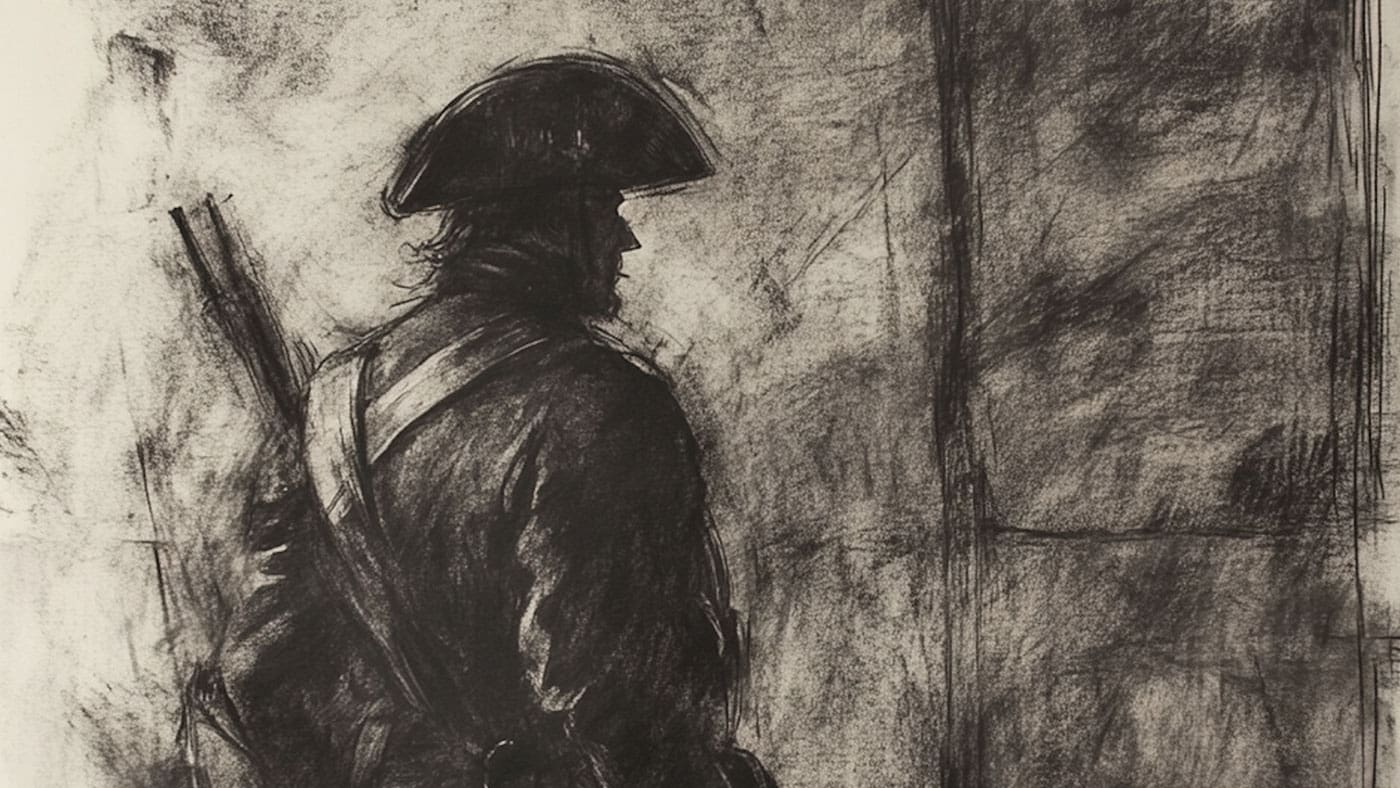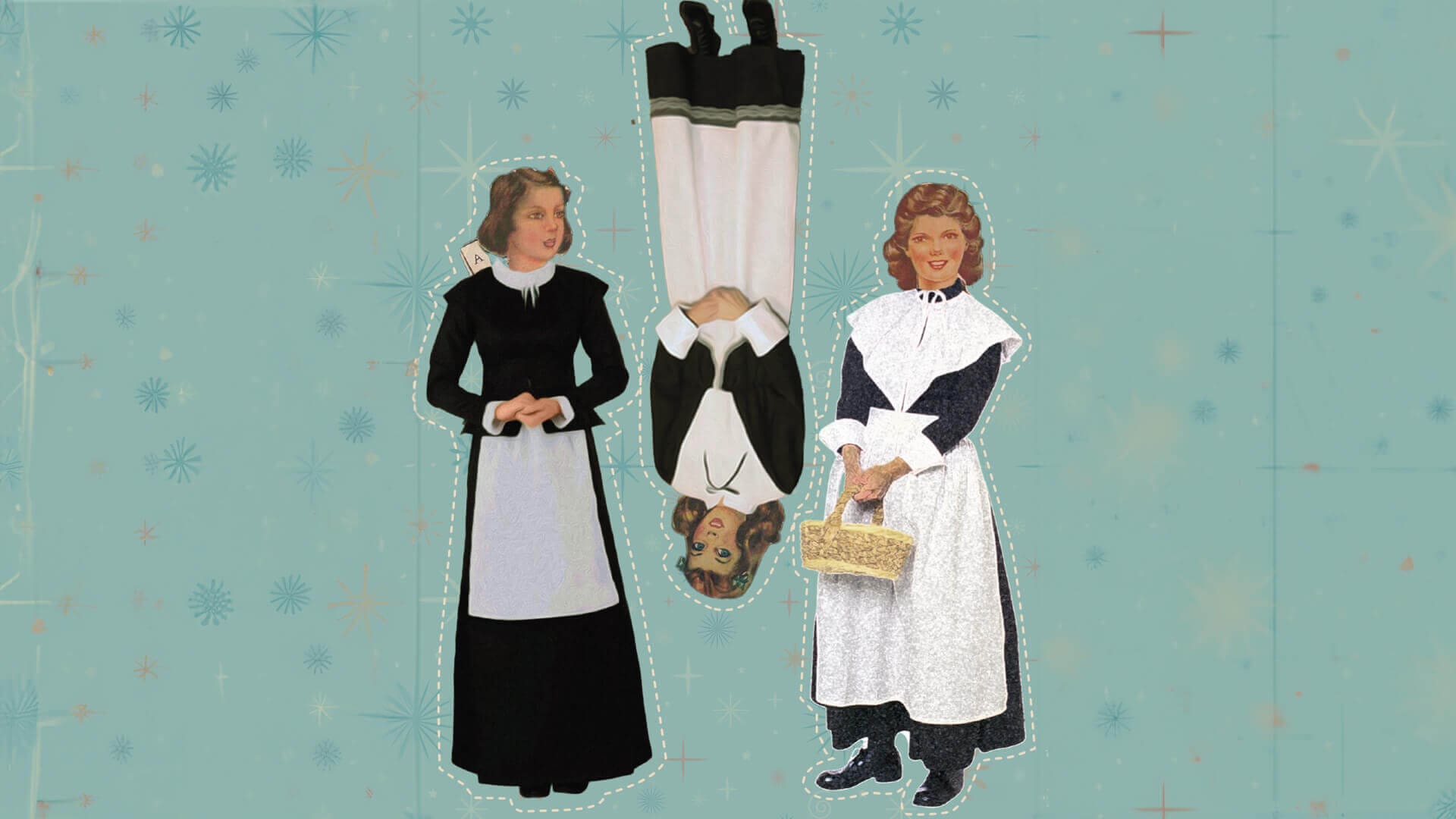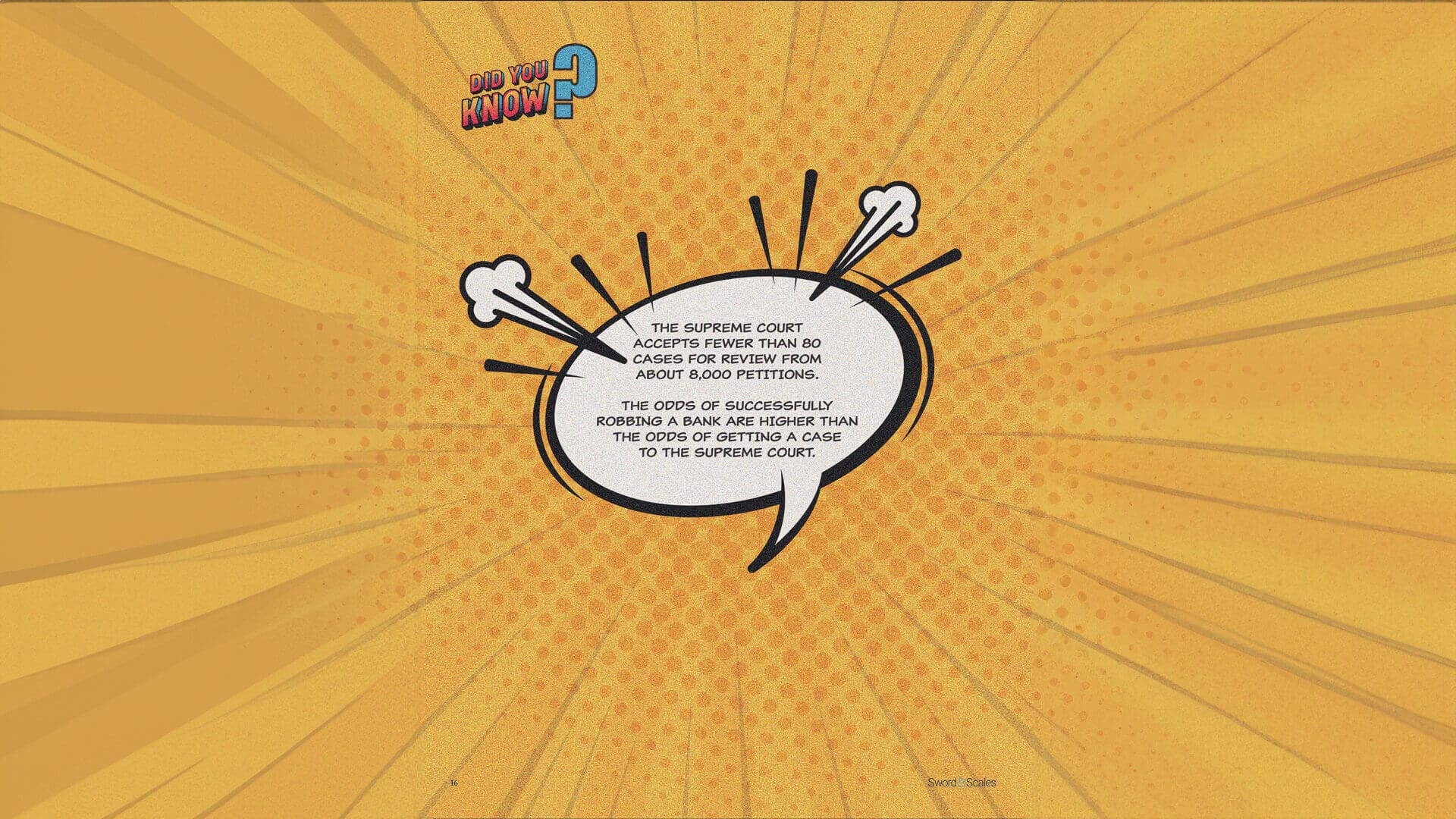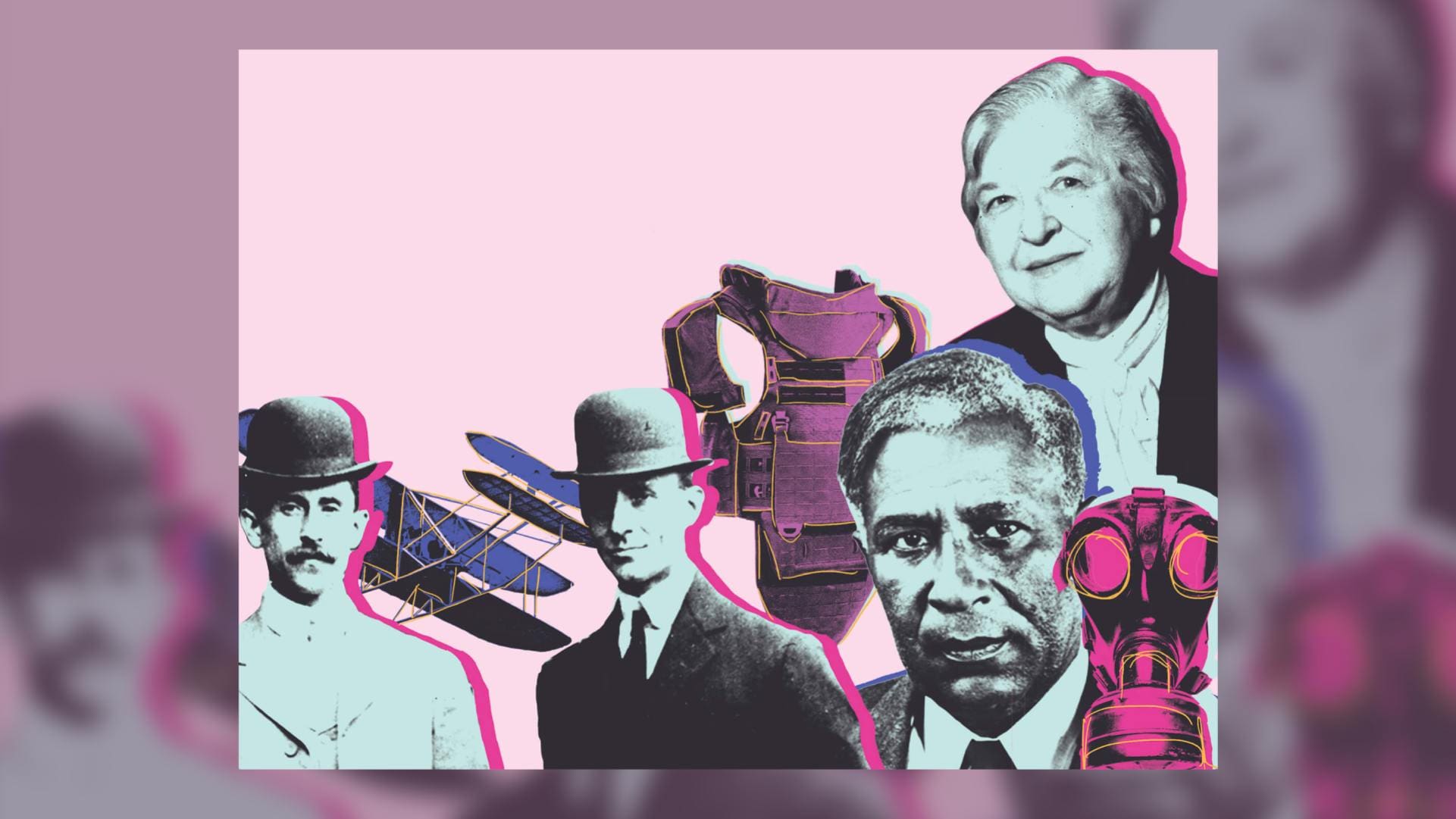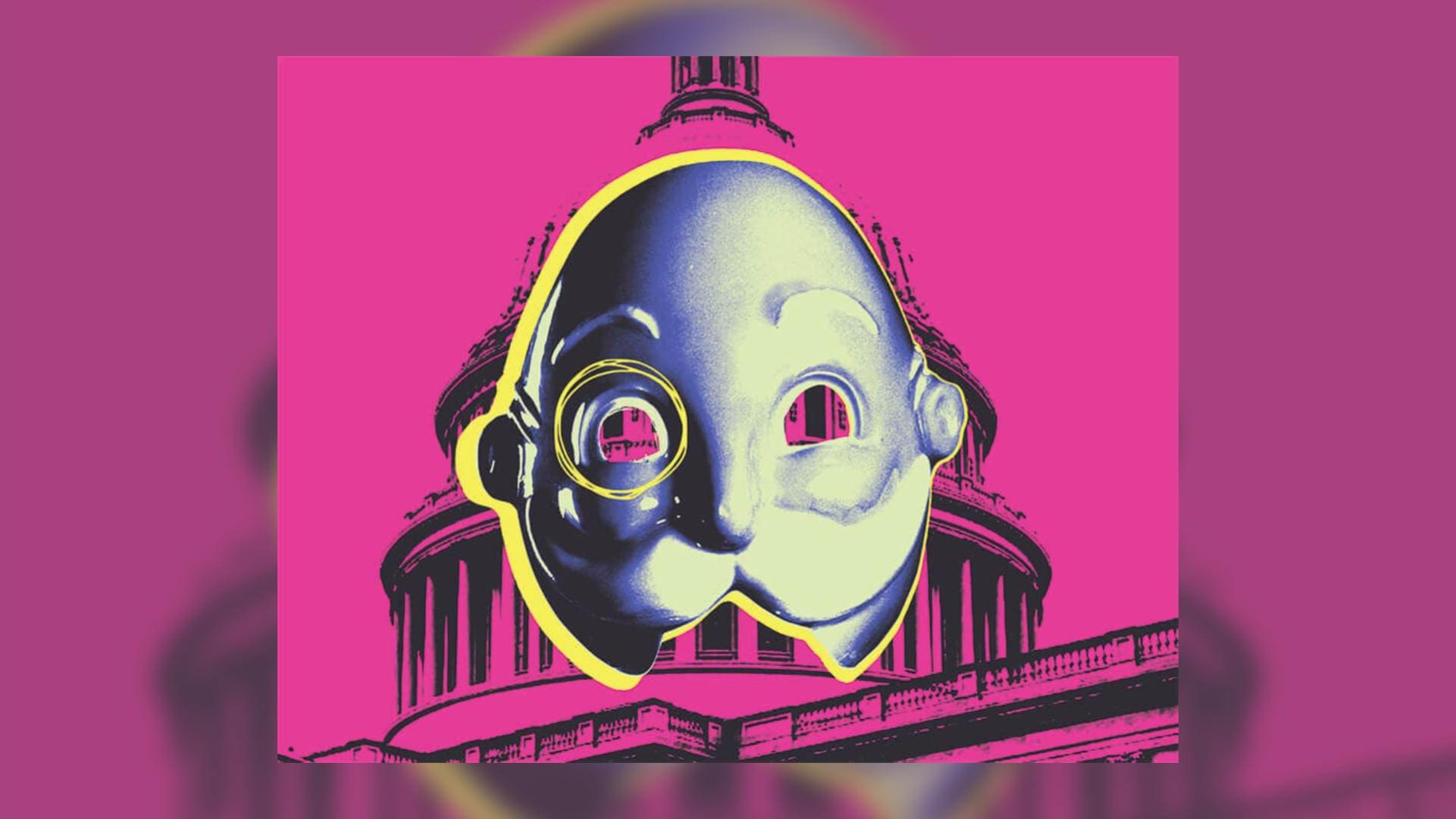GROWING UP IN 1950s Hungary, Geza Karakas developed a unique pair of exceptional skills: bicycle riding and troubleshooting. Both served him well in his socialist home country. But more importantly, they led to a life of achievement and prosperity in his new home, the United States.
Geza and his wife, Cynthia, have been PLF donors for years. In this magazine, we explore the data, philosophies, and political theories behind socialism and capitalism. But political theory didn’t motivate Geza to escape socialist Hungary—the capitalism-enabled American Dream did. I sat down with Cynthia Karakas to understand how the true impacts of socialism and capitalism are illustrated in the lives of people like Geza.
Geza Karakas left his homeland on a bike under the cover of darkness to escape socialism.
As a young man, Geza’s biking skills earned him a spot on Hungary’s national cycling team and favor under the communist regime. His mechanical aptitude led to a job as a radio station technician and, as Cynthia says, more dubious favor among those in the regime needing wristwatch repair.
“The Russians loved wristwatches. Of course, many weren’t working properly,” she recalls. “Geza remembered several Russians coming up to him, saying, ‘I need this [watch repaired] by two o’clock tomorrow.’ And he would tell them, ‘Yes, comrade, you will have it at two o’clock.’”
And the repercussions if he didn’t meet the deadline? “He told me, ‘Well, you can only guess.’”
This taste of oppression didn’t sit well with Geza, and as time wore on, he saw freedom losing ground to increasingly corrupt government control.
“He felt that they had no choice in anything,” says Cynthia. “For instance, they had state-provided healthcare—but it was still expensive. Geza said you would get pretty good attention if you could afford to bribe the doctors.”
Cynthia believes despair finally set in for Geza during the Hungarian uprising in October 1956, when peaceful protests against Soviet tyranny began to break down.
“He was 28 years old, and I think it was just that sudden realization that things were not going to change,” she says.
So, he left. Before the Soviets and their tanks wiped out the sprouting revolution, Geza and his cyclist friend Andre literally pedaled for their lives, riding 150 miles from Budapest to Vienna. There, they were awarded refugee status and a one way ticket to New York aboard the U.S.S. General W. G. Haan.
After two weeks across rough seas, Geza arrived in New York on January 7, 1957, with more than 1,700 other Hungarian refugees— eager for a fresh start and a shot at the American Dream.
He settled in New York and got a job as a TV repairman. Cynthia says he became so good he was soon known as “one of the best troubleshooters of the bunch.”
Geza was proud of his work, but he was destined to be more than a TV repairman. He got a new job with American Optical Company, where he worked on cutting-edge projects including the heart pacemaker. American Optical was also where Geza met the woman he would spend the rest of his life with: Cynthia.
By then, it was the early 1960s, and Geza’s friend asked him to join a new electric company called Vectel Corporation in Palo Alto, California. Geza knew the opportunity that awaited if they took the chance. But it took some convincing for Cynthia.
“Geza encouraged me to take a vacation out West, which I did,” Cynthia explained. “I found that the IBM subsidiary that I worked for back East had a branch in Palo Alto and a job opening. I fell in love with the Bay Area, and of course I loved Geza, so I moved.”
Because of all his hard work, Vectel became a successful business, and in 1971, Geza bought out his partner and doubled down. Geza and Cynthia spent years working six, sometimes seven, days a week—she even cleaned the bathrooms. They grew the company from 10 employees to more than 50 and began making power supplies for Sylvania for installation in U.S. submarines.
As a young man, Geza Karakas left his homeland on a bike under the cover of darkness to escape socialism. As an adult, he moved across the country and built a business that employed dozens of people and provided for his family. Geza’s story is the American Dream.
Geza and Cynthia sold their company in 1987 and bought property along Lake Erie outside of Buffalo, New York. In their retirement they visited Cynthia’s family, and Geza took long, peaceful bicycle rides.
Geza passed away in 2012, but Cynthia keeps his legacy very much alive by sharing his journey from a regime that stifles freedom and ambition to a nation that embraces both.
“Geza told me that if he had not come to America, he’s not sure he would ever have been able to achieve what he had in life. He is a shining example of what is possible when you allow capitalism to prevail.”



